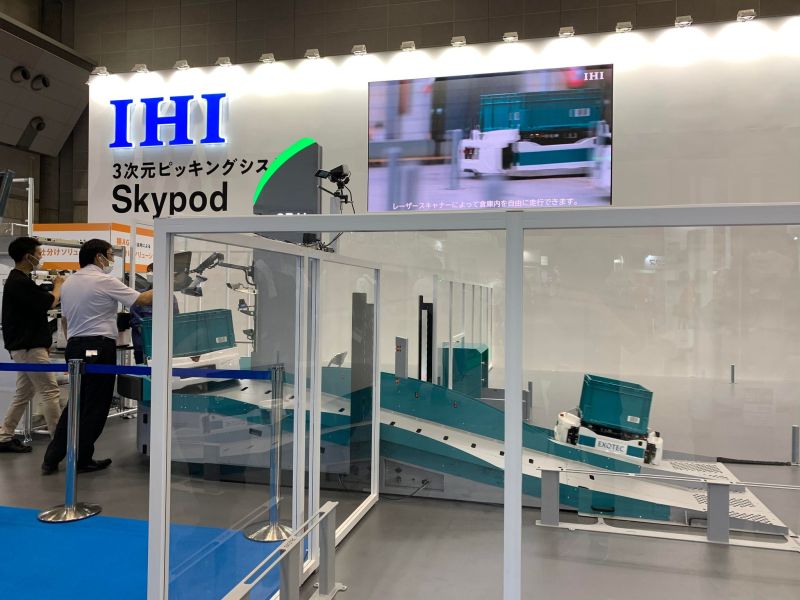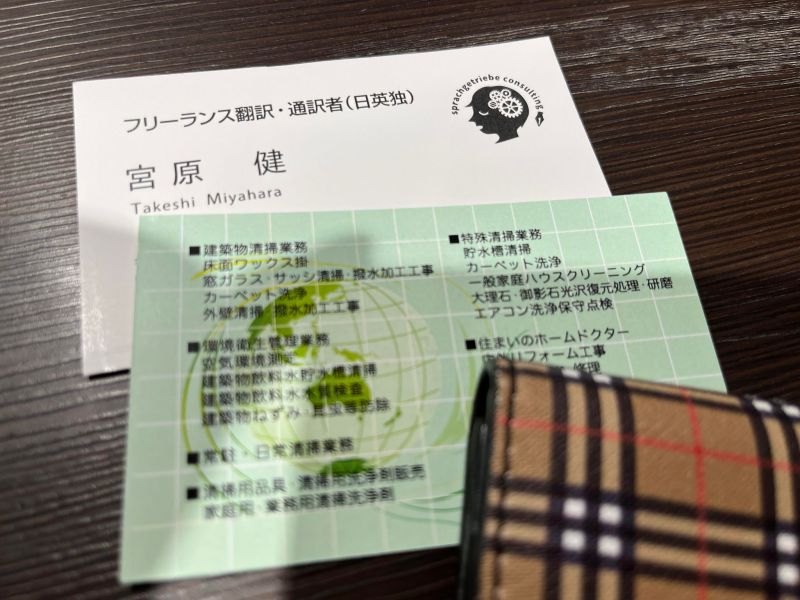My vocabulary is largely based on living with my mother and grandmother. I know some words I use may sound a bit old. For example, I say “Tokkuri*” for high neck shirts 👚. I say “Mizuya” or “Shokkidana” for cupboards. (Now many Japanese people call these items in English reading: “Hainekku (high neck),” “Kappuboudo (cupboard)”).
(*Tokkuri refers to Japanese ceramic sake bottles that have a narrow neck of jug and we used to call high neck shirts the same as its neck looks similar.)
Yesterday my mother told me what she experienced at an electronics store the other day.
Mom: “Excuse me, where can I find ‘Denkimatto (electronic carpet)’?”
Staff: “What is ‘Denkimatto’?”
Mom: “Hmm, something we lay under a carpet”
Staff: “Alright, you mean ‘Hotto Kaapetto (hot carpet)’!”
Mom: “Yeah, that’s it (so, now people call it a hot carpet, I see)”
And you, Denkimatto!?
It shocked me a little but it was also funny.
According to her, the staff member looked as old as me. There are possibly more words altering or that have just altered among people around my age.
I, as a linguist, always try remaining up to date and aware of new words but this conversation reminds me our everyday language shifts over time. 📚
Visit to a Technologies/Solutions Expo in Tokyo
The phrase often heard: “it’s been two years and a half since the pandemic began.” Yes, it is long enough, and people are being prepared for or adapting themselves to the (emerging) post-pandemic era (I am not going to discuss here if it has come / when it will come etc.). At the same time, companies return or restart presenting their commodities at expos onsite. It must have been tough years, as many of them weren’t able to participate in onsite events and/or were forced to adjust (or tried to adjust) to operating under ever-changing COVID restrictions, moving from offline to online. Yet, you recognize enormous energies from people and impressive senses of reality at scale when you visit those events onsite. It’s always interesting to see and learn new products and solutions that go live in the markets. Expos are great places to catch up with those state-of-the-art technologies that you may get involved as a translator.
In mid-September, I visited some of those expos in Tokyo to explore potential business opportunities. Visiting those places and marketing yourselves however need good strategies. Expos are not places for individual marketing in the first place. Honestly, I went there only to learn I didn’t have those strategies with me, so it’s my homework for next occasions. On the other hand, I think I did well in the long run, getting to know some people and giving them my business cards. One of my current steady clients remembered and gave me a call one day, when they happened to need both interpreting and translation services for their customers. You give your business cards, you send messages, you get no responses, that’s fine, but you managed to cast “some seeds.”
COVID related travel restrictions have been lifted or are being lifted over the world. Japan also reopens to independent travelers (finally). I want to try these marketing activities overseas: in Singapore, in the States; or in Germany or elsewhere. We are approaching the last quarter of the year, and soon the year end is to come, so I am very much excited about planning for the next year 🙂

Multiple, purpose-oriented business cards
You have now Eight, Blinq, HiHello, Knowee and else. Digital business cards are handy, easy to make and available with a variety of fascinating templates. I’ve seem them in use at social networking events. I am not making fun of Japanese businesses in contrast but at expos in Japan, I saw a majority of visitors and presenters still depend on business cards in print. I brought mine with me, a simple one with my name, a business logo and contact details. It has no additional information. Maybe little boring.
Some of my colleagues have 2-3 different kinds of business cards and use either of them for different purposes. I didn’t find it necessary when I heard it for the first time but now I understand the point: memorable information depends on people and their needs. Those cards that include what you can do and/or what you are specialized in would be a good topic for (or would be easy to have an extended) conversation when you visit expos and meet people.
I’ve got some homework for next occasions to visit expos: make another design of business card for those self-marketing purposes.
Digital or in print: whichever it is, what kind of style/information does your business card include? And why?

